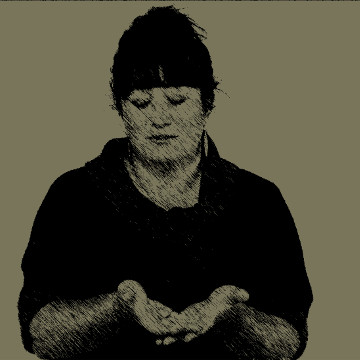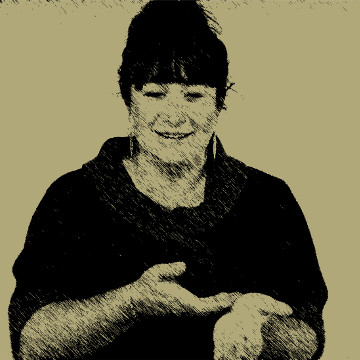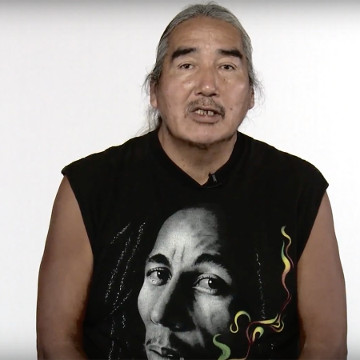Credit: Hartman, Steven, Peter Norrman and Aimée Craft. What is the meaning of water to indigenous communities in Manitoba? Originally published in bifrostonline.org, 30 November 2017 (CC BY-SA 2.0)
What is the meaning of water to indigenous communities in Manitoba?
Indigenous legal scholar Aimée Craft reflects on the significance of water to indigenous communities in Canada, both as the source of life and, in another sense, as the source of all the contemporary issues facing First Nations people today. Hydro-electric development, in particular, has impacted the conditions of indigenous communities in Manitoba in regards to their lands, the ecosystems and wildlife within these territories, and the relative connectedness or isolation of communities along crucial waterways. Such circumstances place water at the center of many crucial discussions regarding the sustainability of First Nations communities, the cultural heritage of these people and traditional indigenous lands that must be safeguarded in laws and treaties.








